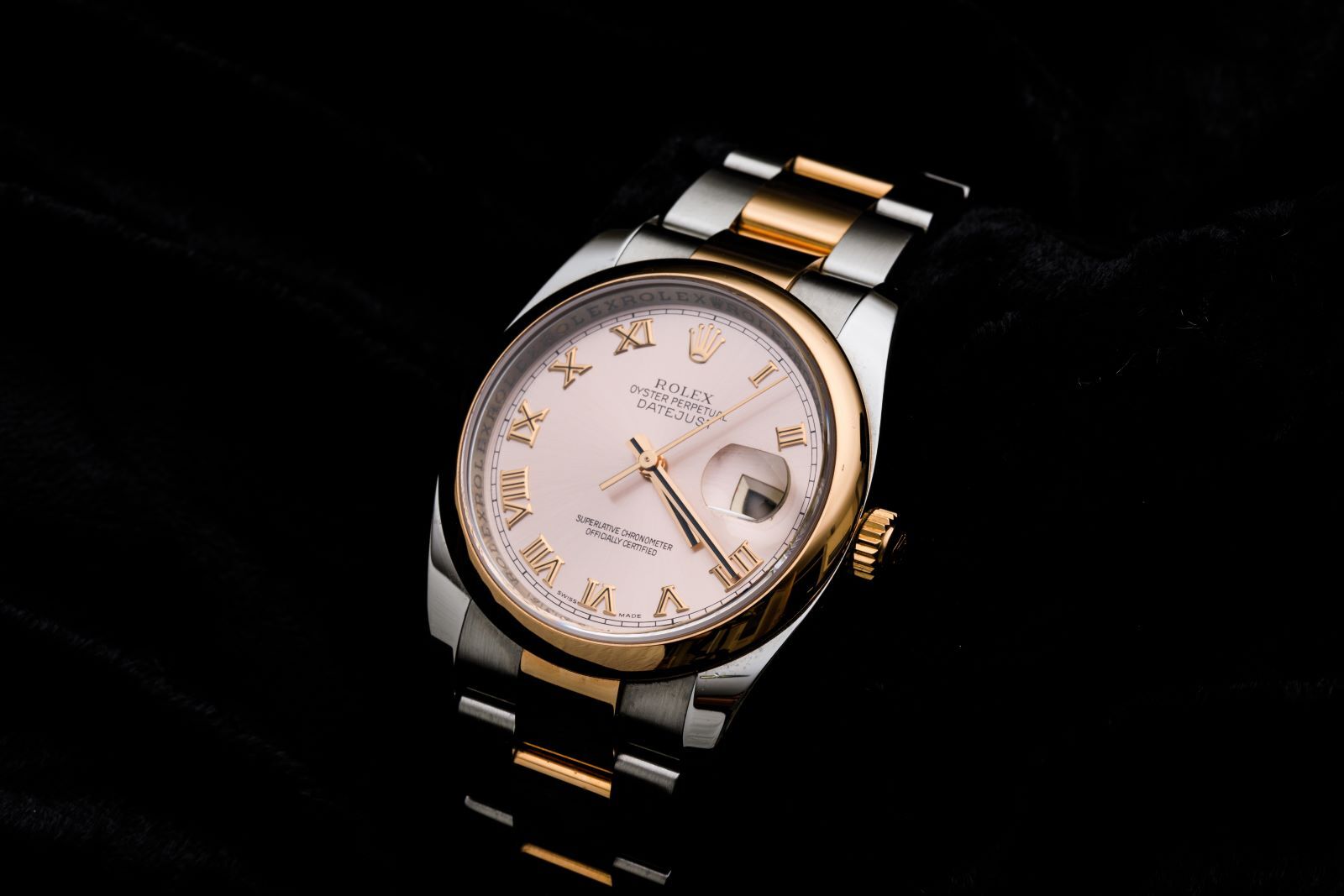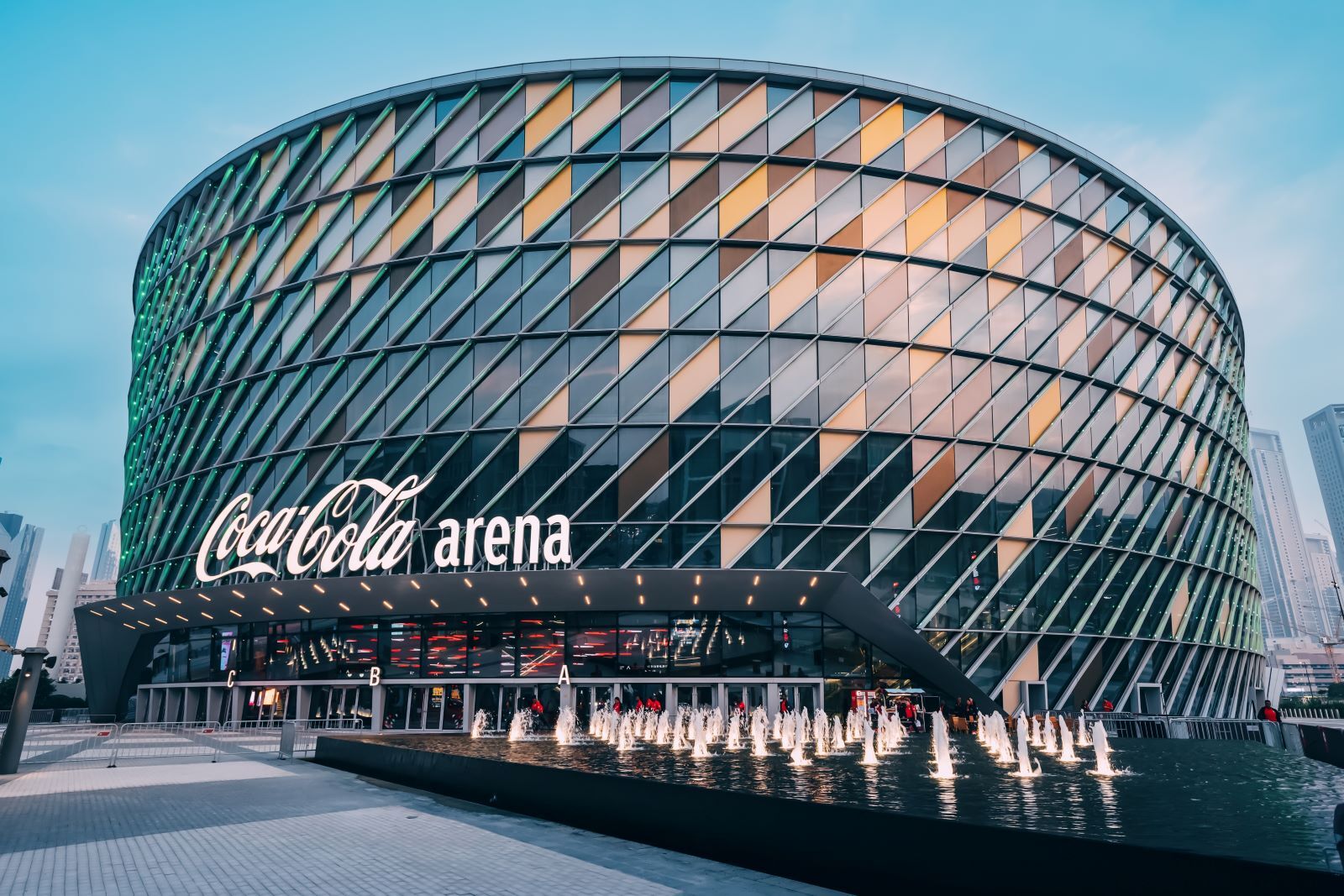What is RERA in Dubai
Published: 10 July 2023
The Real Estate Regulatory Authority or RERA is a governmental body that regulates Dubai’s property sector, and its establishment has helped make the city an attractive real estate investment destination. This guide explores RERA's key initiatives, core responsibilities, and impact on transparency and investment in Dubai's real estate market.


Your Guide to RERA in Dubai
The Real Estate Regulatory Agency (RERA) was launched in 2007 by H.H. Sheikh Mohammed Bin Rashid Al Maktoum and operates as the regulatory arm of the Dubai Land Department (DLD). It provides a transparent and robust legal framework for all stakeholders in Dubai’s real estate sector, including tenants, buyers, developers, and investors.
RERA sets policies, develops plans, and oversees the property market to boost foreign investments and resolve disputes between tenants and landlords. With administrative independence, its own financial system, and full legal authority, RERA plays a crucial role in facilitating hassle-free real estate processes in Dubai. RERA also fosters cooperation among supporting sectors like insurance, law firms, and banks.
By developing an online community, RERA enhances transparency and efficiency, boosting confidence and investment in Dubai’s real estate market. This comprehensive approach ensures a well-regulated, attractive environment for real estate transactions.
Difference Between RERA and DLD
The Dubai Land Department (DLD) and the Real Estate Regulatory Agency (RERA) are both governmental bodies, each with distinct roles in overseeing the Dubai real estate sector.
DLD manages and regulates the entire real estate sector in Dubai, while RERA focuses on overseeing the activities of tenants, landlords, and real estate professionals to ensure compliance and protect stakeholders' interests.
DLD primarily focuses on the registration and regulation of real estate transactions and manages various aspects of land and property dealings, including sales, leases, mortgages, and other related agreements. Additionally, DLD establishes regulations and standards for the real estate industry, operates the Dubai Real Estate Registration Trustee, and offers services such as property valuation and ownership certificates.
RERA on the other hand, operates under the umbrella of DLD and specialises in regulating the activities of developers, brokers, and other real estate professionals. RERA ensures compliance with real estate regulations, protects the rights of buyers and sellers, and manages the Dubai Brokers Register. It also handles any complaints and disputes arising from real estate transactions.
Responsibilities of RERA
RERA plays an important role in Dubai's real estate sector with responsibilities that include:
Regulating trust accounts of real estate developers for investor and buyer financial security.
Registering and regulating lease agreements to provide legal protection to tenants and landlords.
Supervising owners' associations responsible for building management.
Conducting industry research and analytics and publishing reports for market insights.
Monitoring property advertisements in the press and online portals to ensure accuracy and eliminate fake listings and scams.
Licensing real estate exhibitions
Informing about regulatory acts related to real estate transactions
RERA Forms
RERA forms are standardised documents introduced to ensure transparency and clarity in real estate transactions. They serve as legal agreements between various parties involved in property dealings. Here's a breakdown of the different types of RERA forms:
1. FORM A: an agreement between the listing agent and the seller. It outlines the terms and conditions of the agent's representation of the seller in marketing and selling the property.
2. FORM B: an agreement between a property buyer and their agent. It establishes the terms of engagement between the buyer and their agent, including the agent's responsibilities and commission structure.
3. FORM F: also known as MOU (Memorandum of Understanding) is an agreement between buyer and seller. It documents the terms of the sale, including the purchase price, payment terms, and any other conditions agreed upon by both parties.
4. FORM I: a contract between the buyer's agent and the seller's agent. It details the terms and conditions of cooperation and commission sharing between the two agents during the transaction process.
5. FORM U: is used for the termination of any contract between the buyer and seller. It requires the signatures of both agents involved, ensuring mutual consent to end the agreement.
Smart Initiatives by RERA
RERA has spearheaded numerous smart initiatives to regulate the real estate sector and streamline efficiency.
1. Dubai REST: This platform simplifies real estate transactions and offers a secure space for managing activities and accessing sector information, catering to tenants, owners, and service providers alike.
2. Dubai Brokers: Providing real-time data on licensed property brokers in Dubai, this app assists users in selecting reputable agents based on performance metrics and efficiency.
3. Smart Investment Map (SIM): A digital portal for listing and searching properties, offering e-services for property selection, communication, and online transactions.
4. Ejari: Streamlining lease management, Ejari reduces time and costs associated with rental contract registration, empowering property owners and management companies to manage leases efficiently.
5. Smart Judge Service: Educating parties on rental contract rights, this service offers virtual judgments and free legal consultancy, ensuring transparency and fairness in rental matters.
Important RERA Rules
If you have recently moved to Dubai or are planning to relocate and invest, it's important to get familiar with RERA's rules, as they may differ from those in your home country.
Landlord Responsibilities
As a landlord in Dubai, adhering to RERA regulations is non-negotiable. Here are some of the key responsibilities:
Property Condition: You must hand over the property in good condition, allowing the tenant full use as stated in the contract.
Maintenance: You are responsible for the property’s maintenance and repair.
Property Changes: You cannot make changes to the property that would affect the tenant’s full use of it.
Defects and Damage: You are accountable for any defects, damage, deficiency, and wear and tear occurring to the property for reasons beyond the tenant’s fault.
Tenants Obligations
As a tenant in Dubai, it's essential to understand your responsibilities and rights before signing a tenancy agreement.
Renovations: Tenants are required to seek the landlord’s permission and obtain necessary approval from official entities before undertaking any property renovations.
Security Deposit: According to RERA rules, the tenant must pay a refundable security deposit at the start of the contract. If the landlord fails to refund the deposit, the tenant can approach the rent dispute committee to resolve the matter.
Property Condition: Upon vacating, tenants are expected to return the property in the same condition as received, with minor exceptions for ordinary wear and tear.
Dispute Resolution: Any disputes between tenants and landlords can be escalated to the dispute committee for resolution.
How does the RERA Rent Calculator work?
RERA encourages tenants and landlords to use the Rental Increase Calculator during lease negotiations. Both new and existing tenants should check the Rental Price Index using this calculator, while landlords are advised to use it to determine appropriate rent increases.
According to local regulations, landlords can only increase rent once a year and must notify tenants 90 days in advance. The online RERA rent calculator helps verify if an increase is within the permissible range.
Notably, annual rental price increases are based on how much the current rent is below market value:
11%-20% below market value: 5% maximum rental increase 21%-30% below market value: 10% maximum rental increase 31%-40% below market value: 15% maximum rental increase 40% or more below market value: 20% maximum rental increase
Final Take
RERA Dubai, a cornerstone of Dubai's real estate landscape, champions transparency and security in the sector. Through initiatives and responsibilities, RERA fosters equity for investors and tenants, positioning Dubai as a prime hub for real estate investments. Being familiar with RERA and its multifaceted functions is indispensable for navigating the ever-changing Dubai real estate market.



